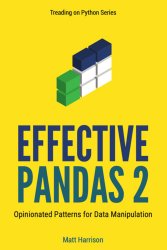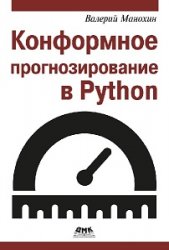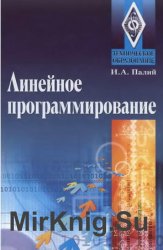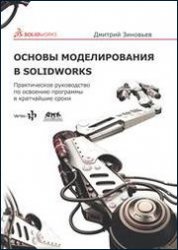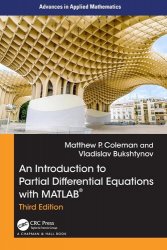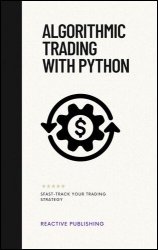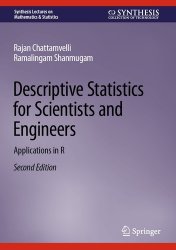 Название: Descriptive Statistics for Scientists and Engineers: Applications in R, Second Edition
Название: Descriptive Statistics for Scientists and Engineers: Applications in R, Second EditionАвтор: Rajan Chattamvelli, Ramalingam Shanmugam
Издательство: Springer
Год: 2023
Страниц: 142
Язык: английский
Формат: pdf (true), epub
Размер: 10.1 MB
This book introduces descriptive statistics and covers a broad range of topics of interest to students and researchers in various applied science disciplines. This includes measures of location, spread, skewness, and kurtosis; absolute and relative measures; and classification of spread, skewness, and kurtosis measures, L-moment based measures, van Zwet ordering of kurtosis, and multivariate kurtosis. Several novel topics are discussed including the recursive algorithm for sample variance; simplification of complicated summation expressions; updating formulas for sample geometric, harmonic and weighted means; divide-and-conquer algorithms for sample variance and covariance; L-skewness; spectral kurtosis, etc. A large number of exercises are included in each chapter that are drawn from various engineering fields along with examples that are illustrated using the R programming language. Basic concepts are introduced before moving on to computational aspects. Some applicationsin bioinformatics, finance, metallurgy, pharmacokinetics (PK), solid mechanics, and signal processing are briefly discussed. Every analyst who works with numeric data will find the discussion very illuminating and easy to follow.
The widespread use of digital computers and the availability of statistical software like SAS, SPSS, BMDP and so on gave an impetus to statistical computations. Statistical programming languages like R, S, MATLAB, MAPLE, etc. allowed data analysis in exceptional detail.
Statistics is a branch of scientific discipline that deals with the systematic collection, tabulation, summarization, classification, analysis and modeling of data, extracting summary information from numeric data, and drawing potentially useful conclusions from past or observed data, or verifying experimental hypotheses. This definition does not cover every branch of statistics, since the subject continues to diversify into various applied sciences. For example, statistical quality control is used to check process deviations to see if they are well within the tolerance limits or if they fall beyond predefined levels. Testing of statistical hypotheses involve well-defined experimental steps that use tabulated values of a test statistic to draw reasonable conclusions (accepting or rejecting a research hypothesis) about an unknown population parameter that describes some characteristic of the distribution.
Similarly, engineering applications of statistics include data analysis, prediction using regression models, hierarchical (tree) models, cluster analysis, etc. The least-squares principle finds applications in neural networks, digital signal processing, data compression, and many engineering fields.
Скачать Descriptive Statistics for Scientists and Engineers: Applications in R, Second Edition
[related-news] [/related-news]
Комментарии 0
Комментариев пока нет. Стань первым!
